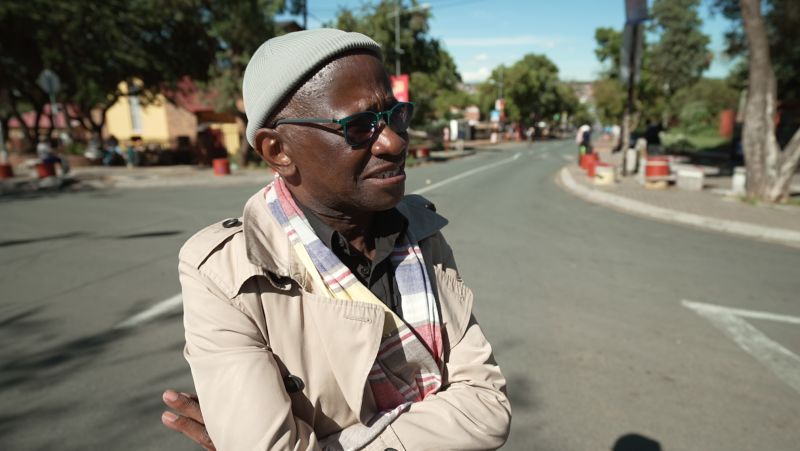South Africa’s journey to democracy is a compelling tale of hope, resilience, and liberty. 1994 marked a critical turning point in the nation’s history, transitioning from apartheid to a system that celebrates human rights and diversity. The year 2024, therefore, signifies an important milestone as South Africa’s democracy turns 30. The celebration of this milestone, however, is overshadowed by a looming silent crisis that threatens the hard-fought gains of this vibrant nation. This unfurling crisis takes shape in forms such as economic inequality, corruption, and political instability, all of which could significantly impact the strides South Africa has taken since its transition to democracy.
Firstly, one of the central challenges in the country is economic inequality. With a Gini coefficient of over 0.63, South Africa is one of the world’s most unequal countries. Although policies aimed at reducing poverty and promoting economic equality have been implemented since the dawn of democracy, the wealth gap remains a stark dividing line in the country. This scenario is worsened by insufficient job opportunities, leading to soaring unemployment rates, particularly among the youth who are often the hardest hit. The government’s struggle to curb this inequality leads to increased social frustrations, which disrupt the harmony that underpins the nation’s democracy.
Deep-seated corruption presents another formidable hurdle. Stories of individuals exploiting state resources for personal gain have been perennial since the end of apartheid. Known as “state capture,” this large-scale corruption erodes trust in the democratic system, engenders public disillusionment and weakens the foundations of governance. If not staunchly addressed, corruption could threaten the longevity of South Africa’s democratic legacy.
Political instability and policy uncertainty are additional factors that potentially destabilize South Africa’s democratic gains. Internal factional battles within the ruling party, party in-fighting, and the frequent reshuffling of Cabinet members, cultivate a climate of uncertainty. This inconsistency deters investment, undermines business confidence, and stifles economic growth.
However, there’s also the silent but undeniable crisis of education. Quality education remains inaccessible for a considerable portion of South Africa’s population, especially those in rural and township areas. Although the government formally subscribes to the principle of inclusive and quality education for all, the reality on the ground proves otherwise. A lack of adequate resources, poorly equipped schools, a scarcity of qualified teachers and a chronic lack of infrastructure hamper the effectiveness of the education system. Education, as a critical tool for empowerment, has the potential to address income disparities and break the cycle of poverty. Without it, the promise of democracy remains largely unfulfilled for many.
In summary, while South Africa’s democracy reaching its 30-year mark is a significant accomplishment, several silent crises undermine the transformative power of the democratic system. Economic inequality, corruption, political instability and educational disparities are potent threats that if left unchecked, could reverse the hard-won gains of South Africa’s democracy. Therefore, as the nation gears up to celebrate its democratic milestone, it is essential to address these silent crises actively and swiftly to safeguard the pillars of democracy.




